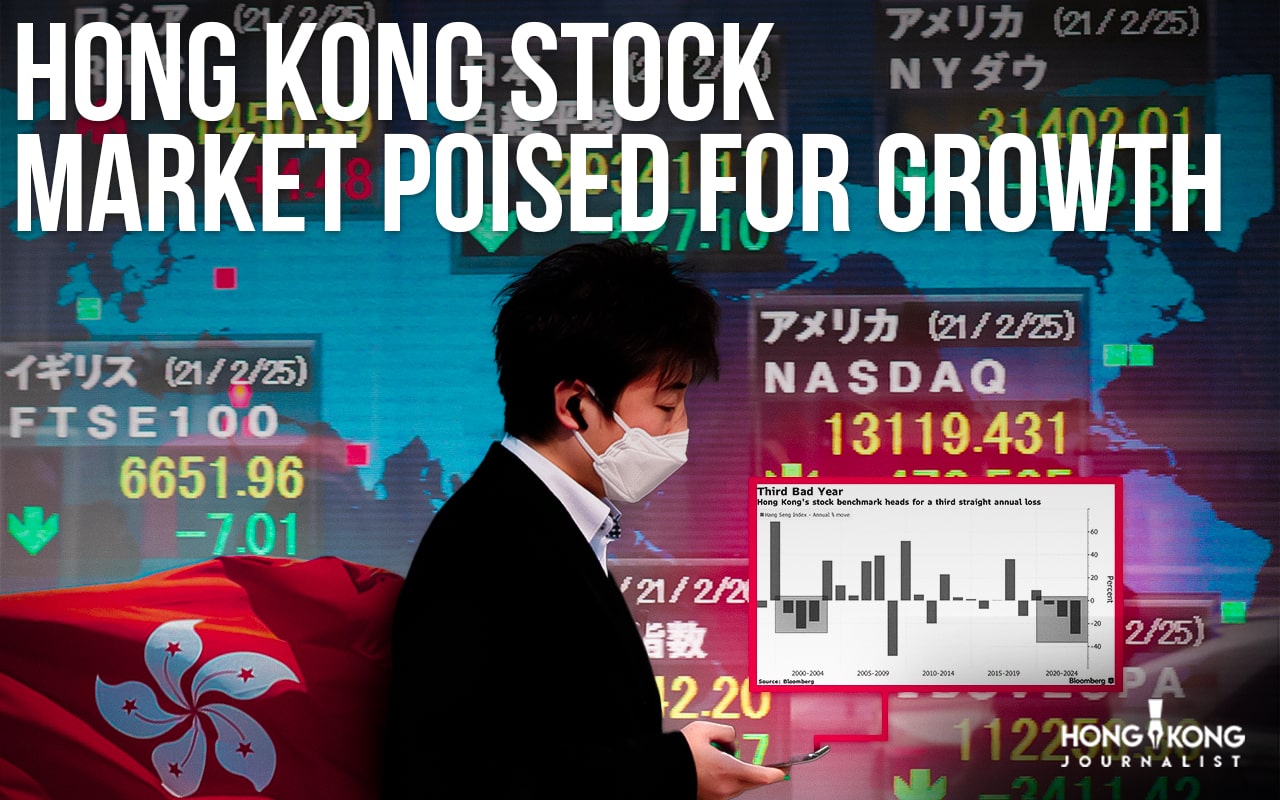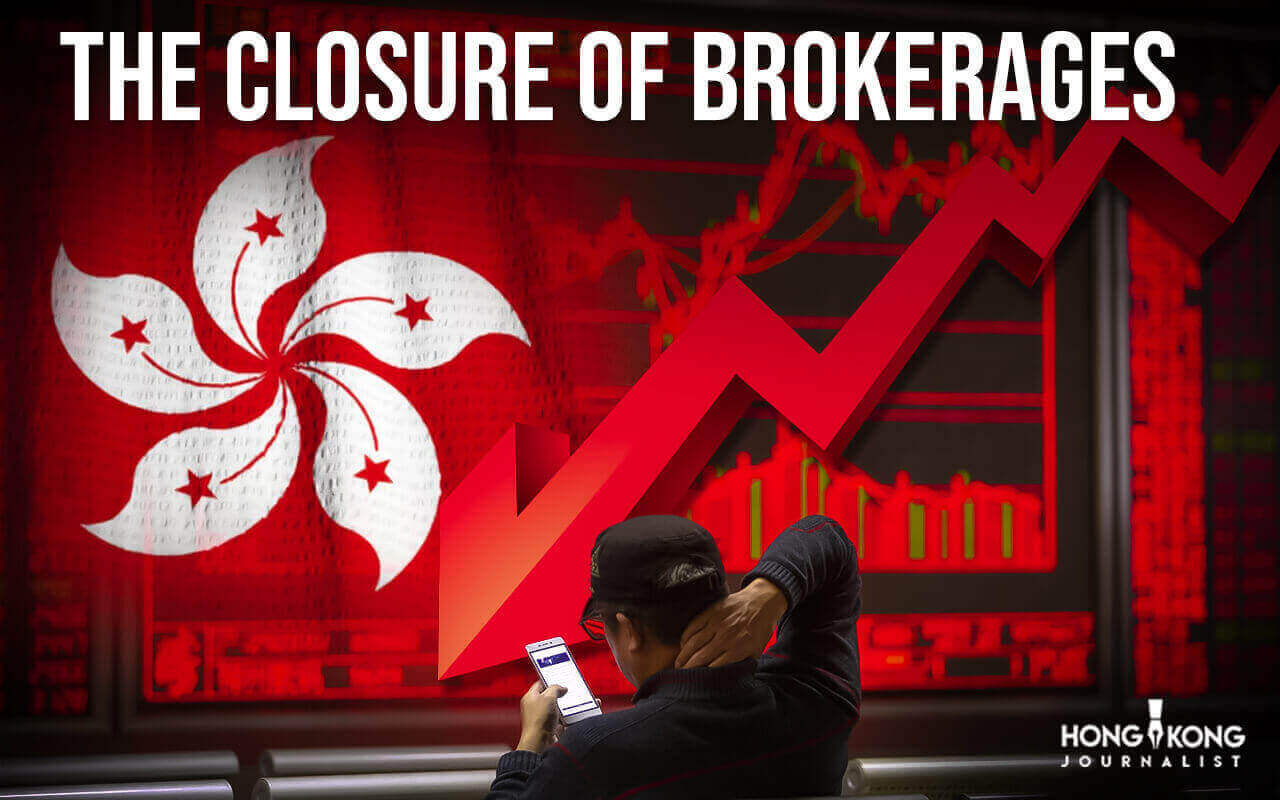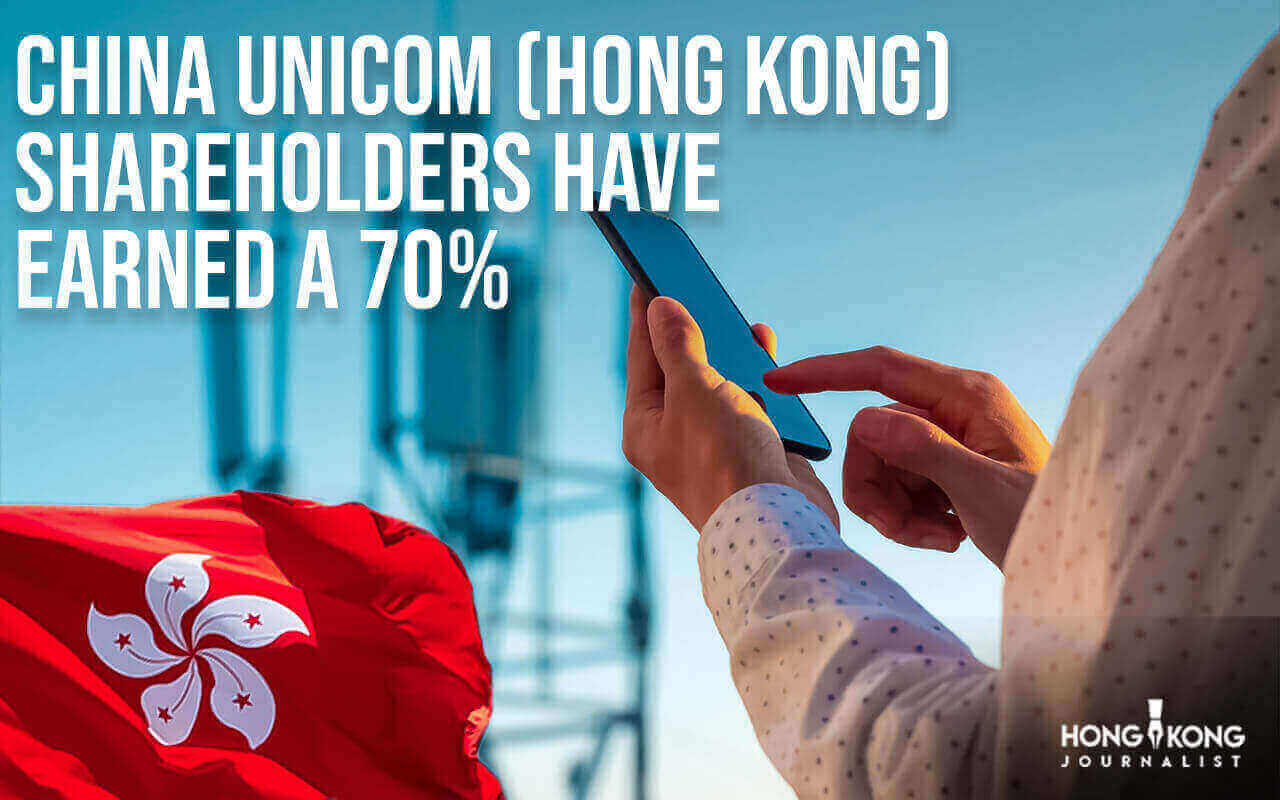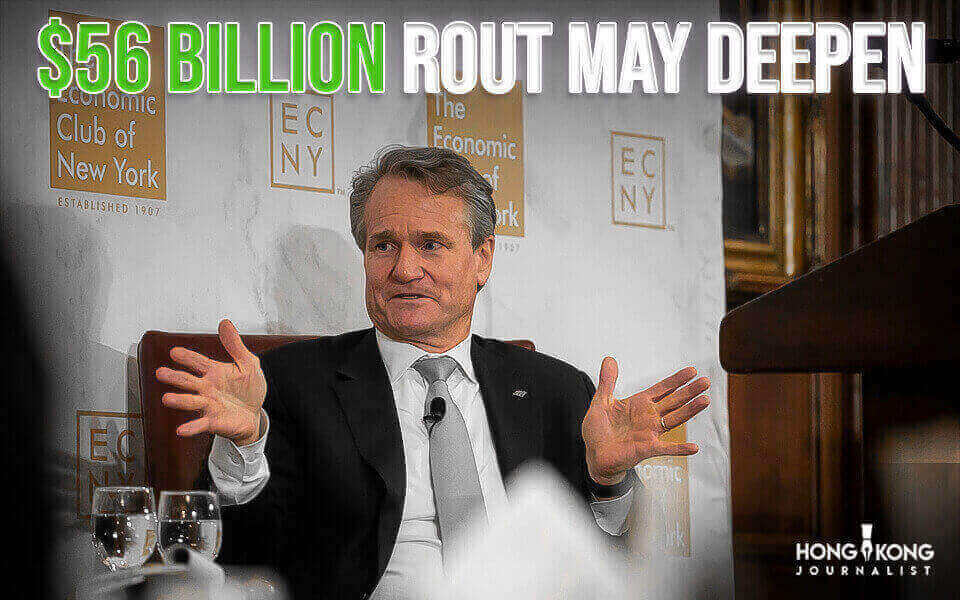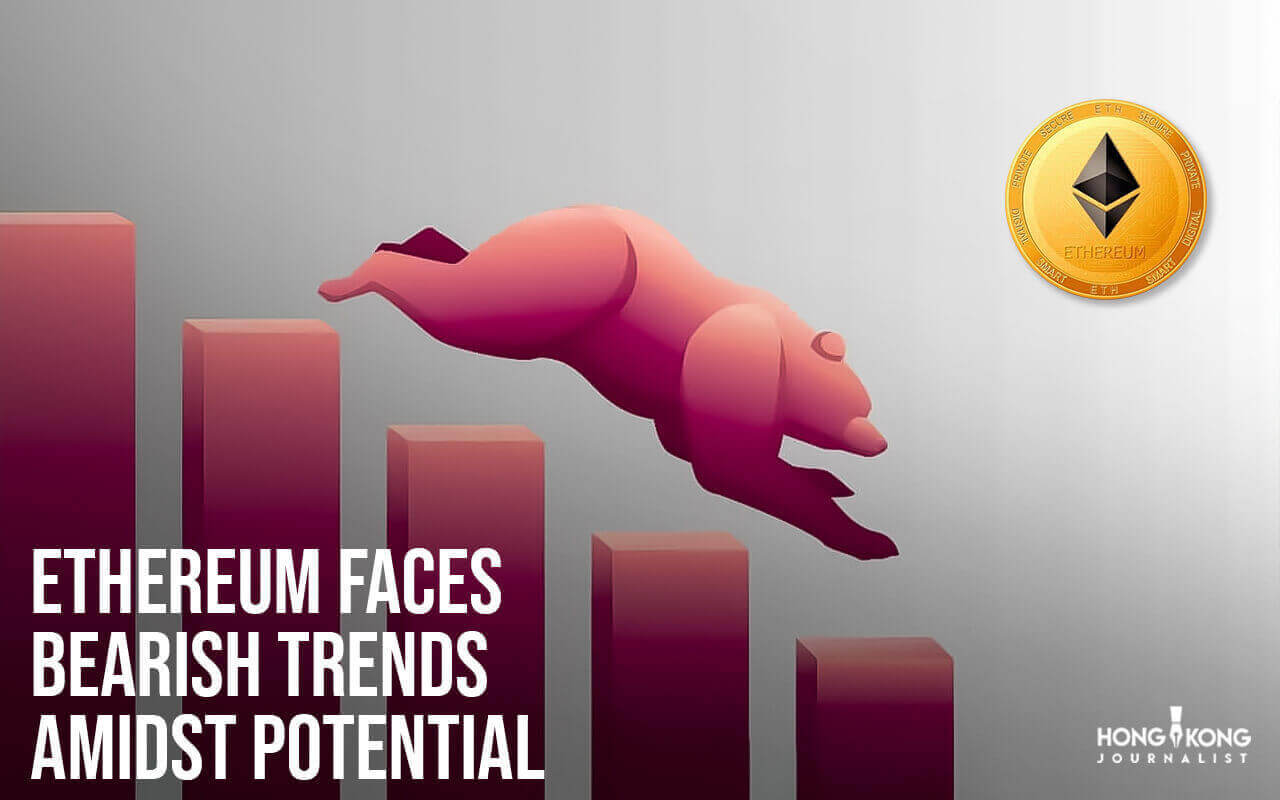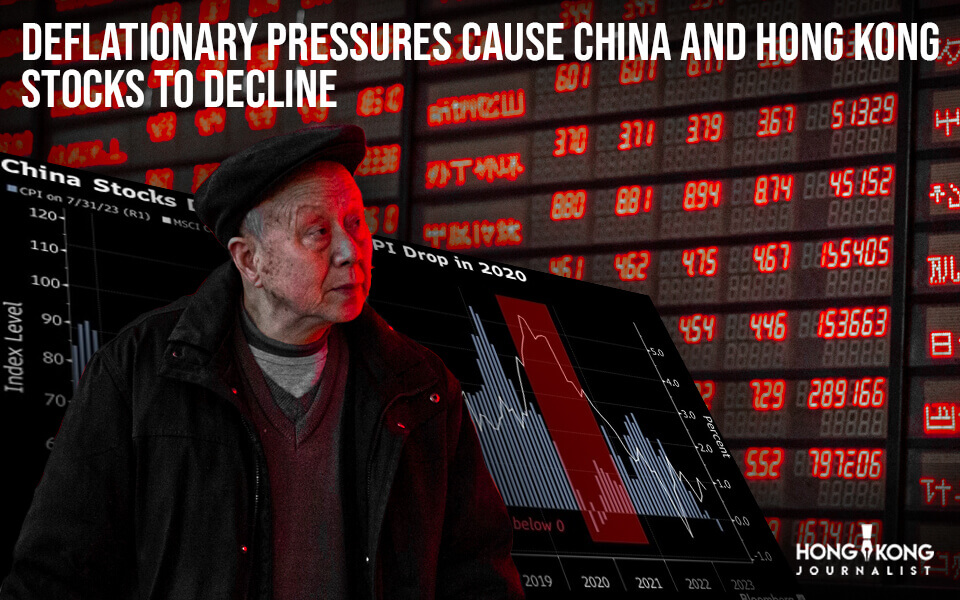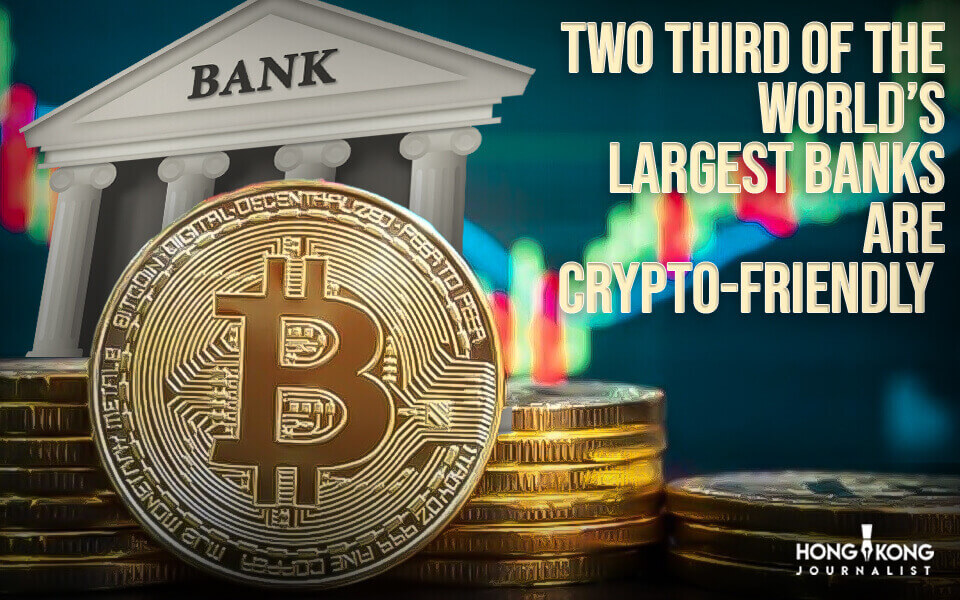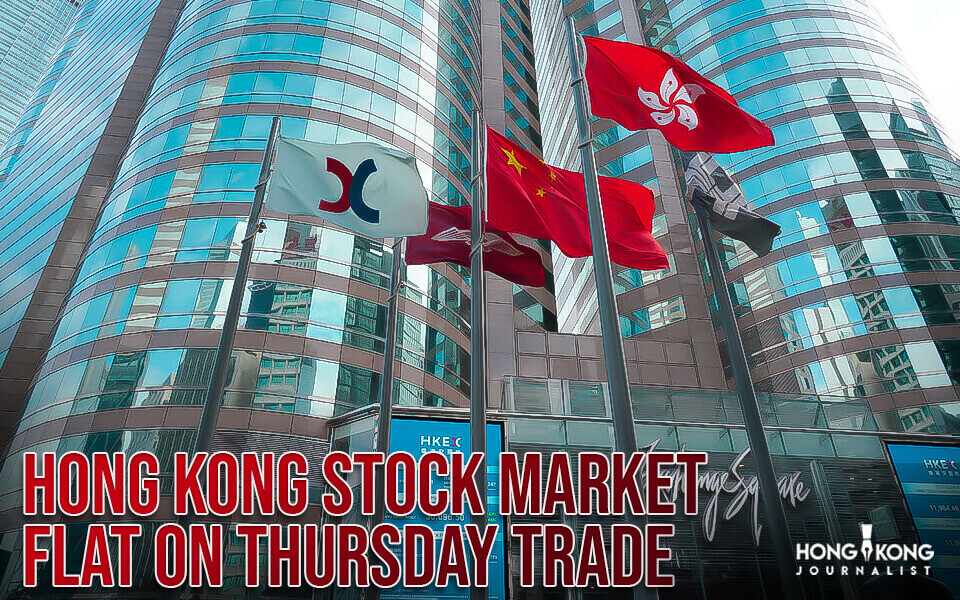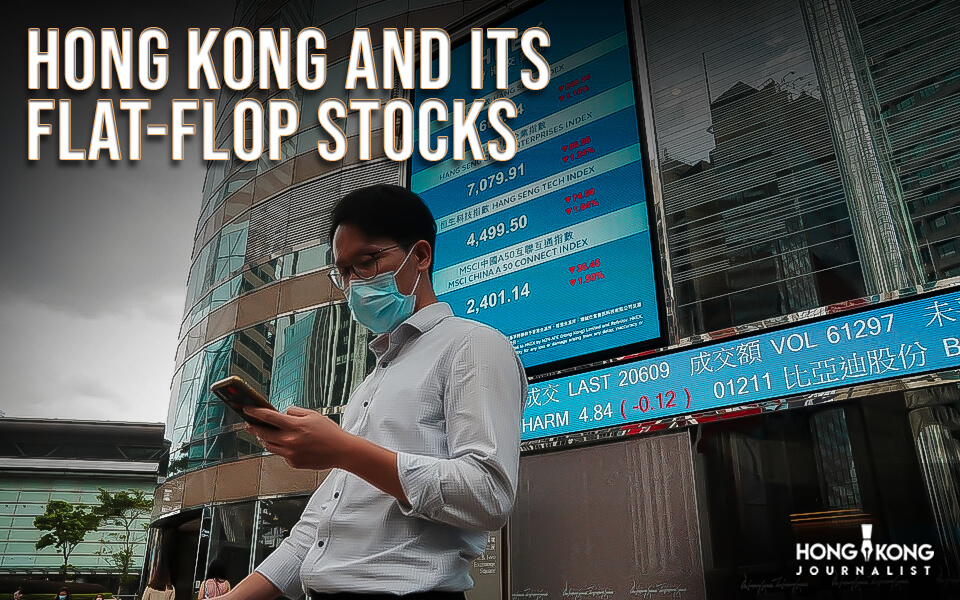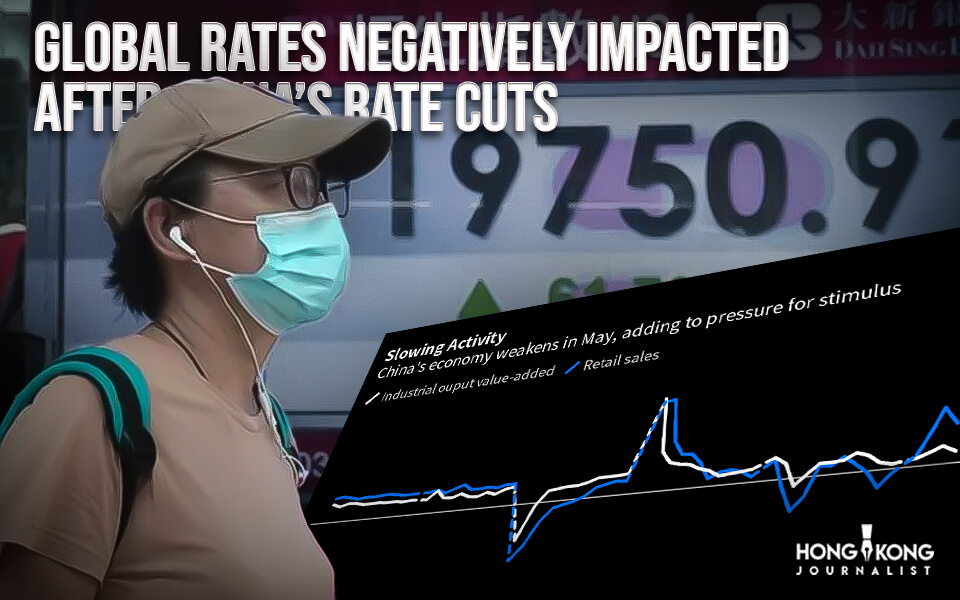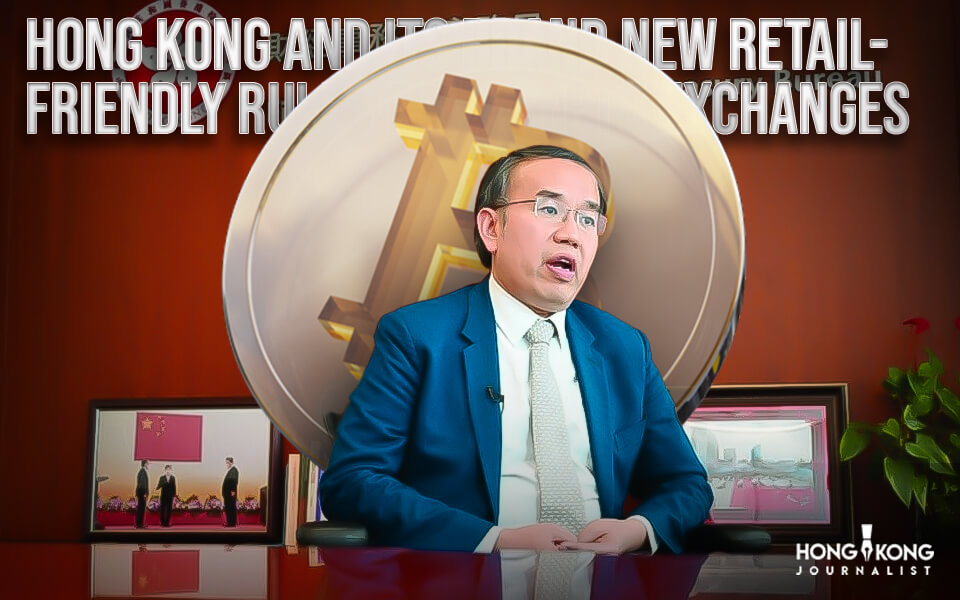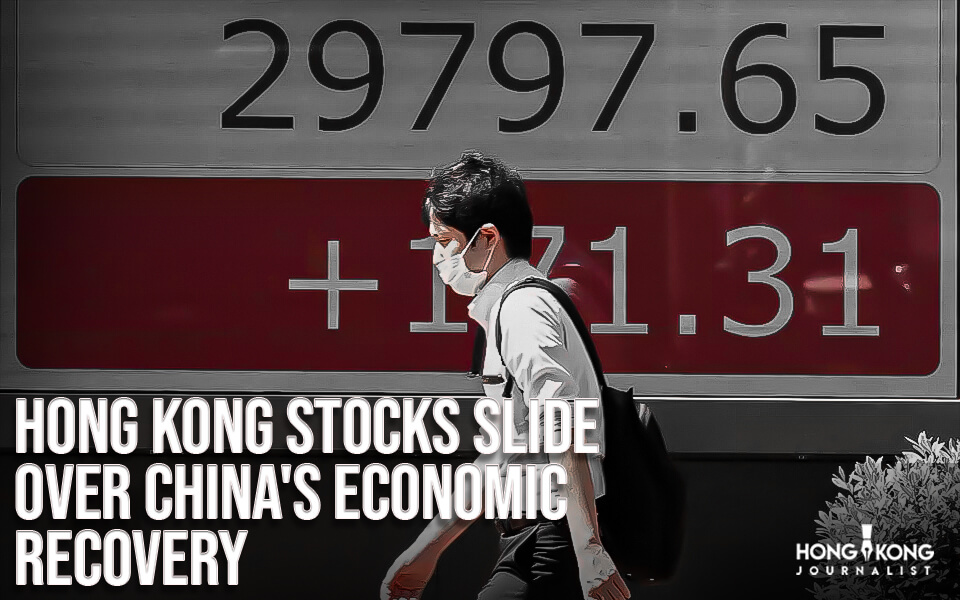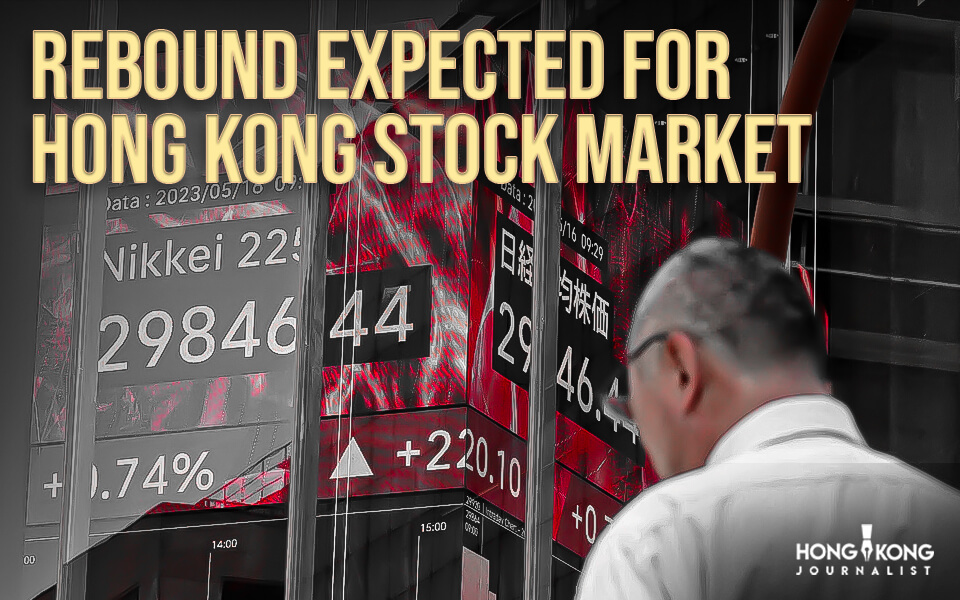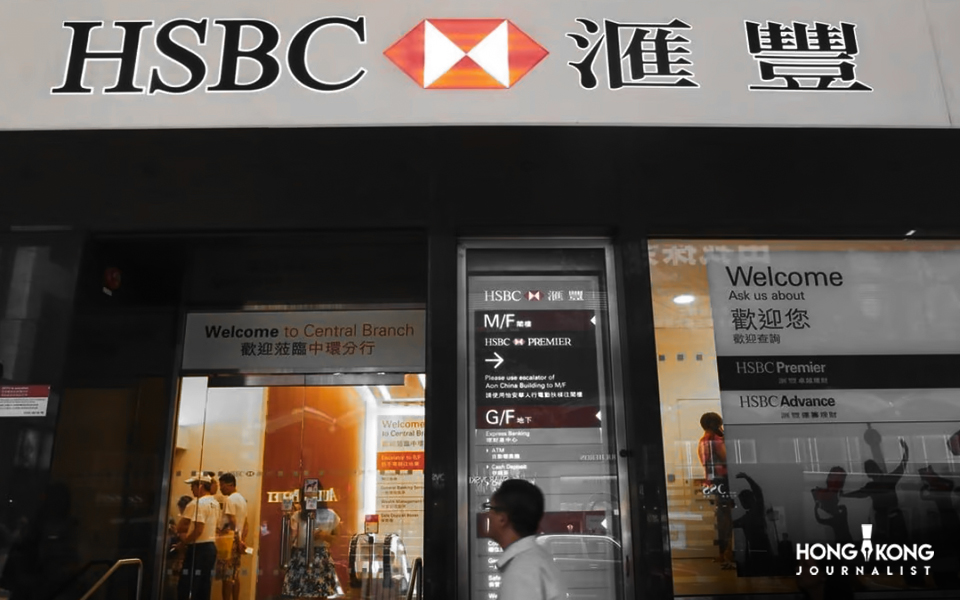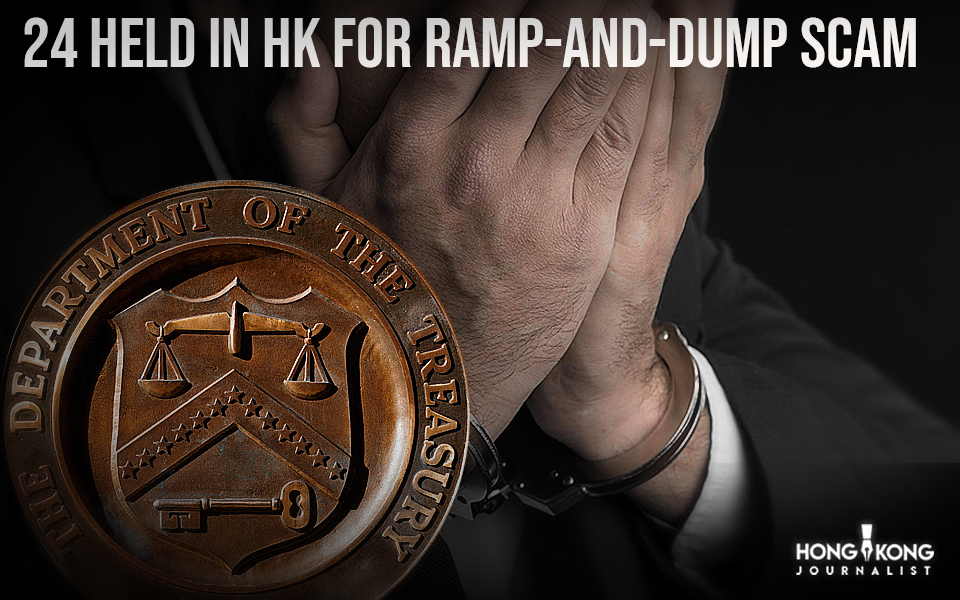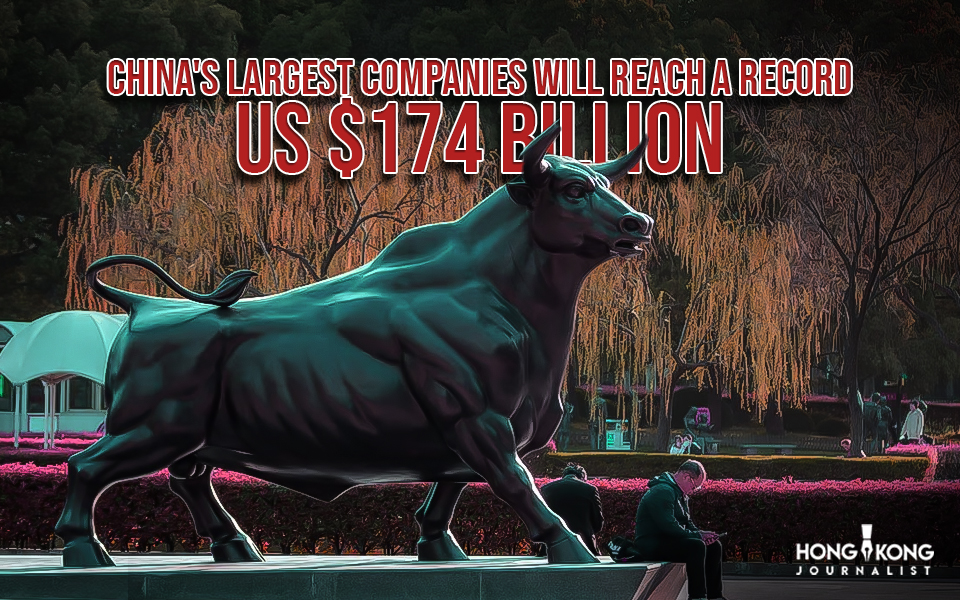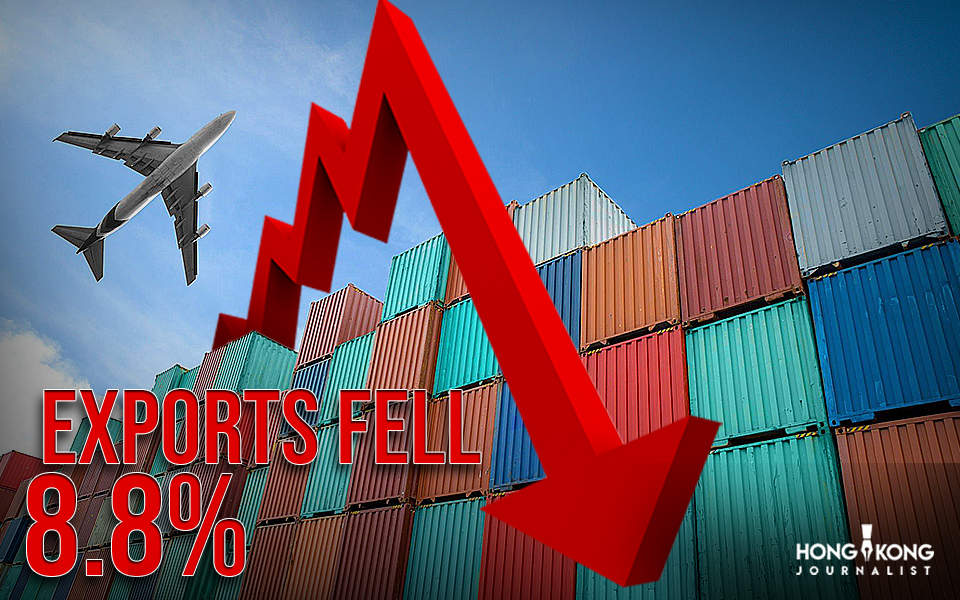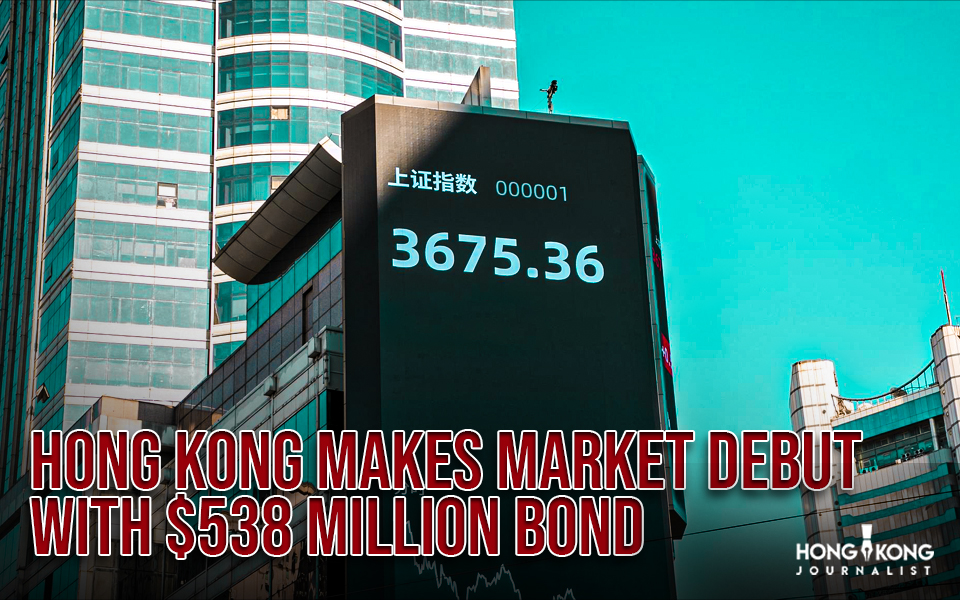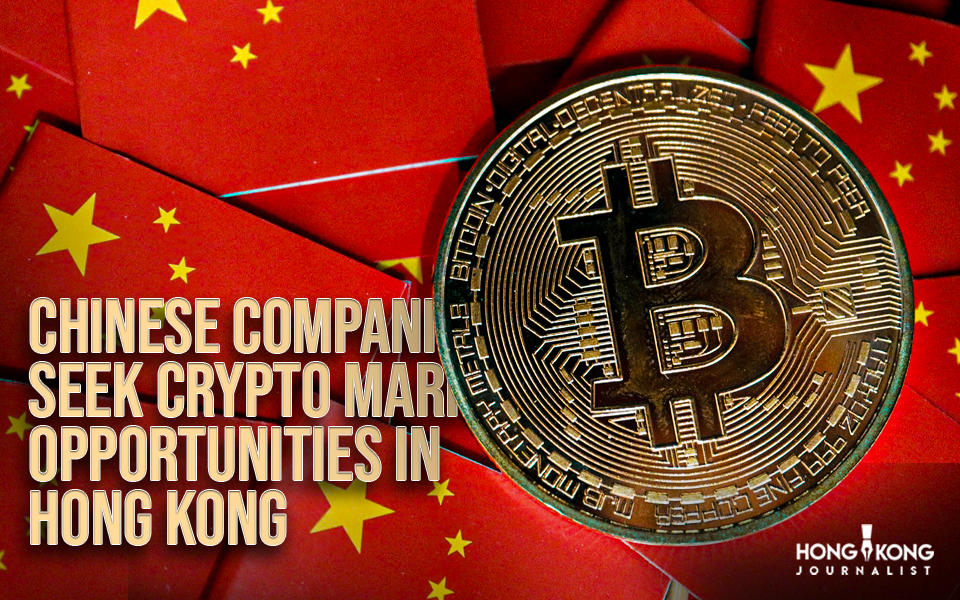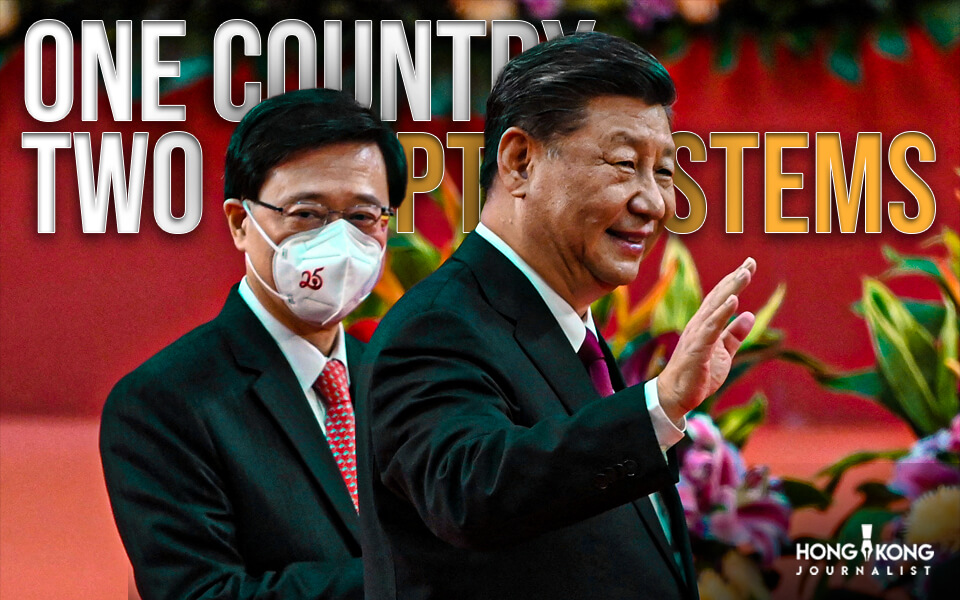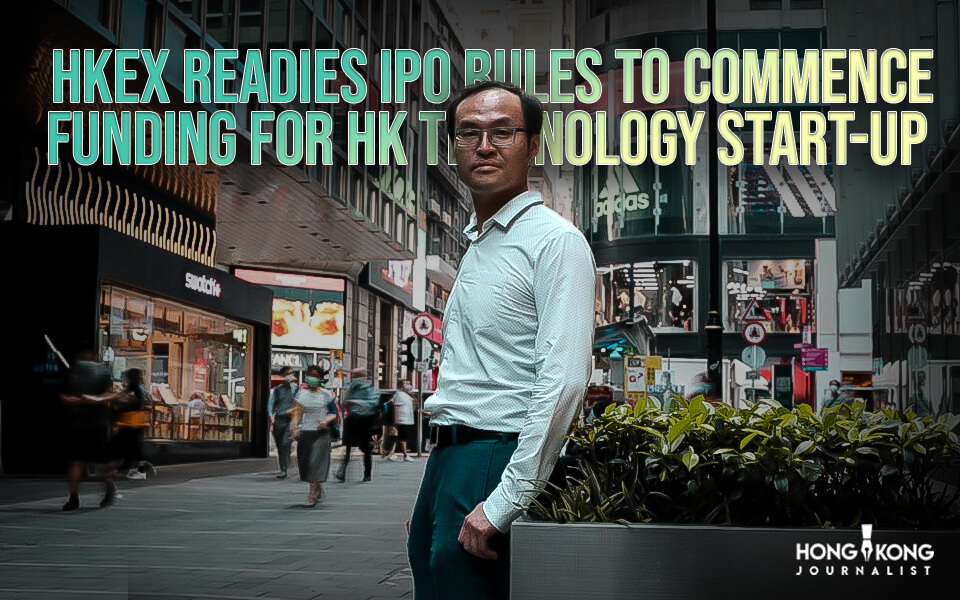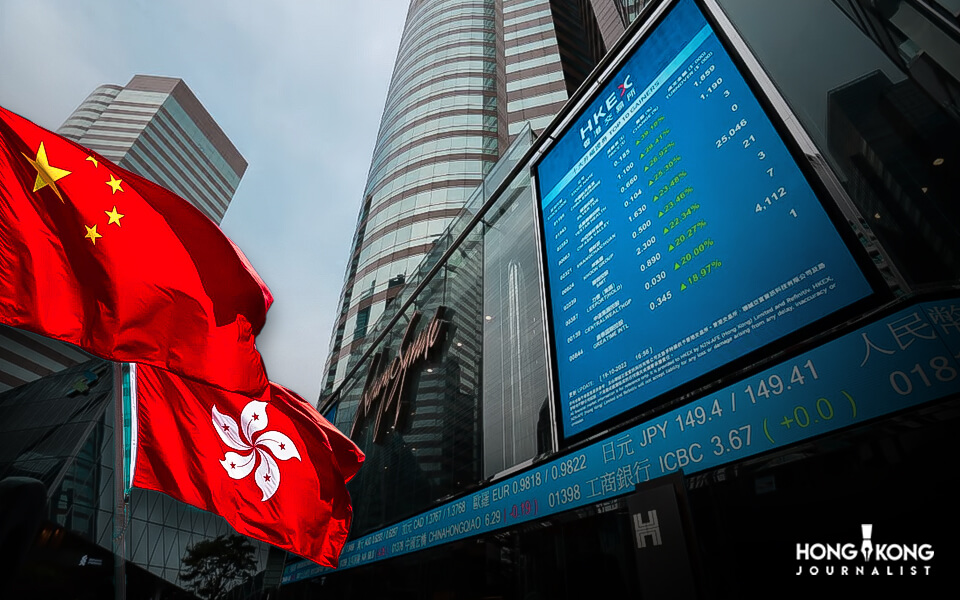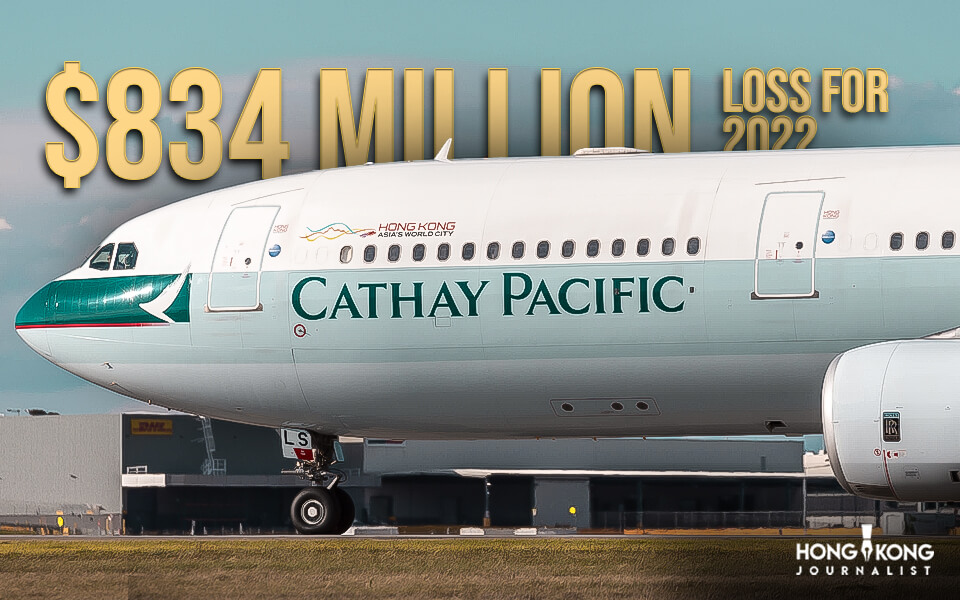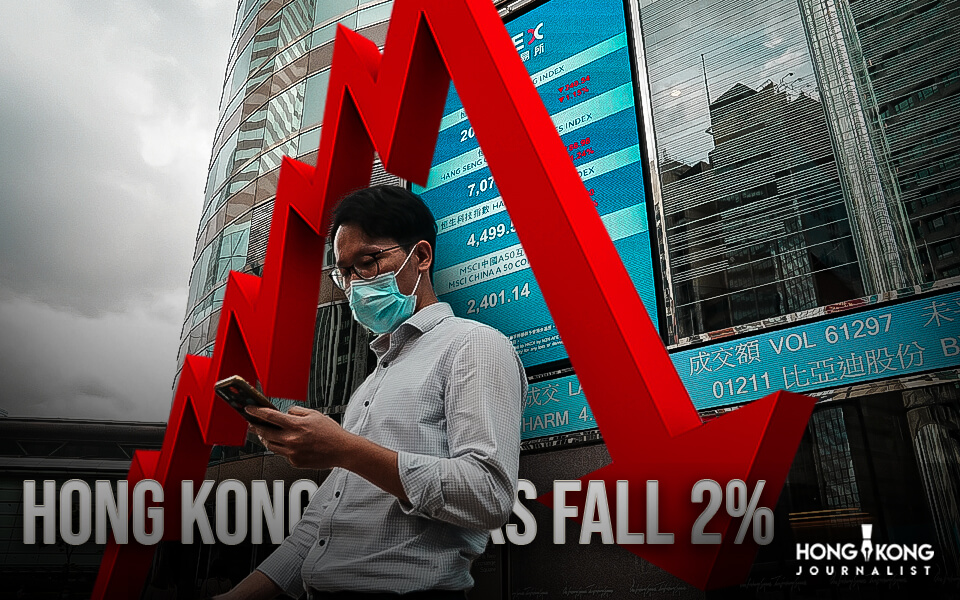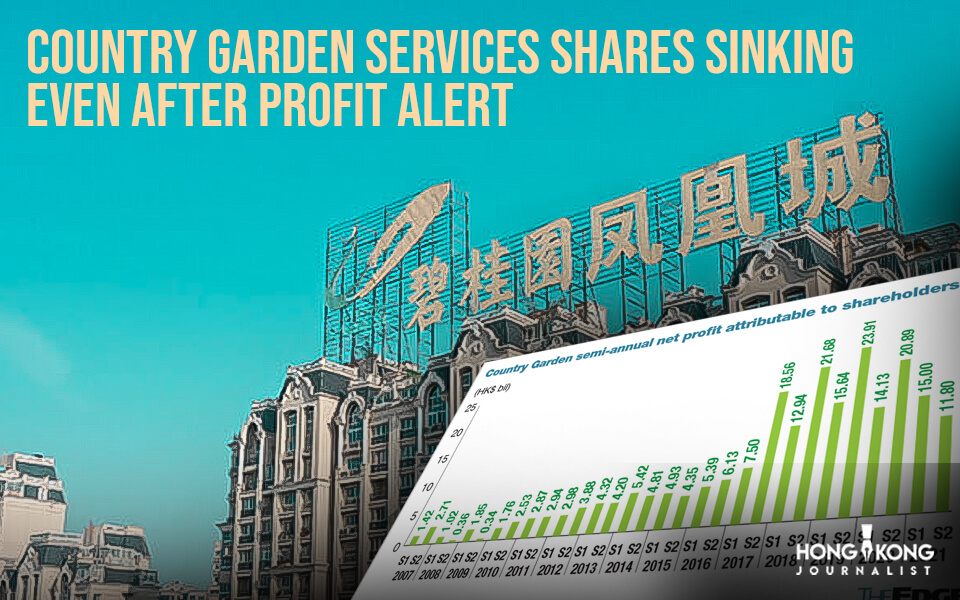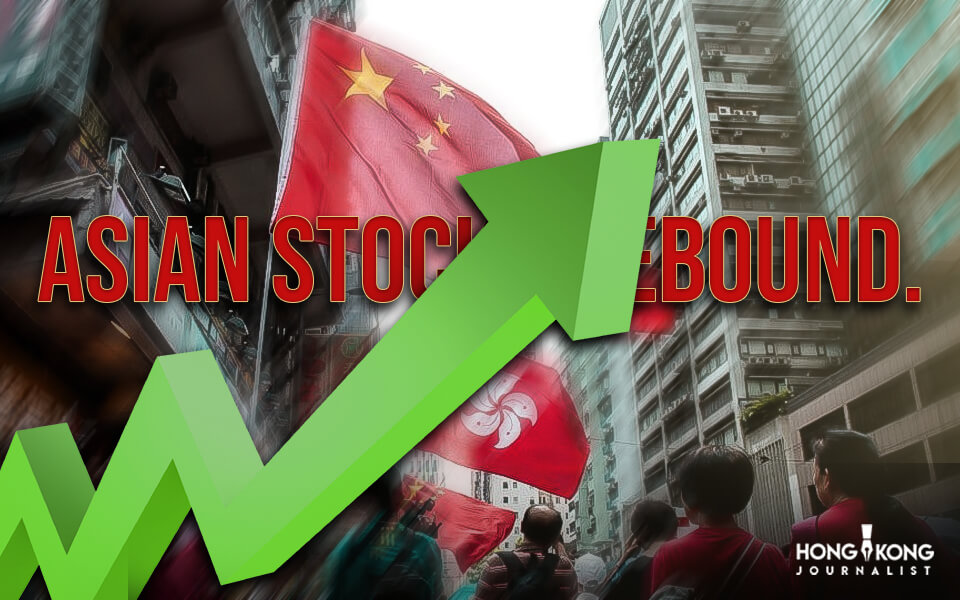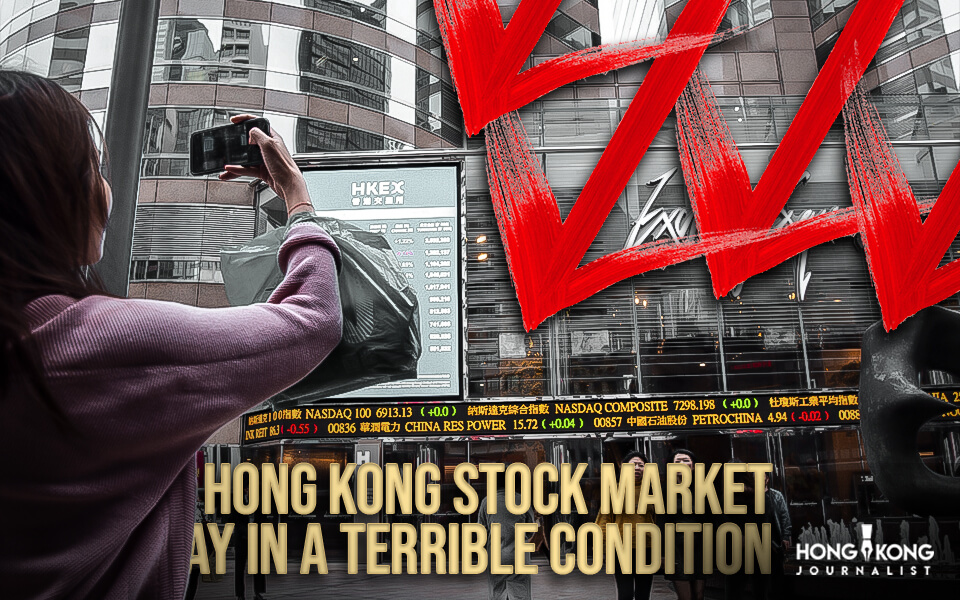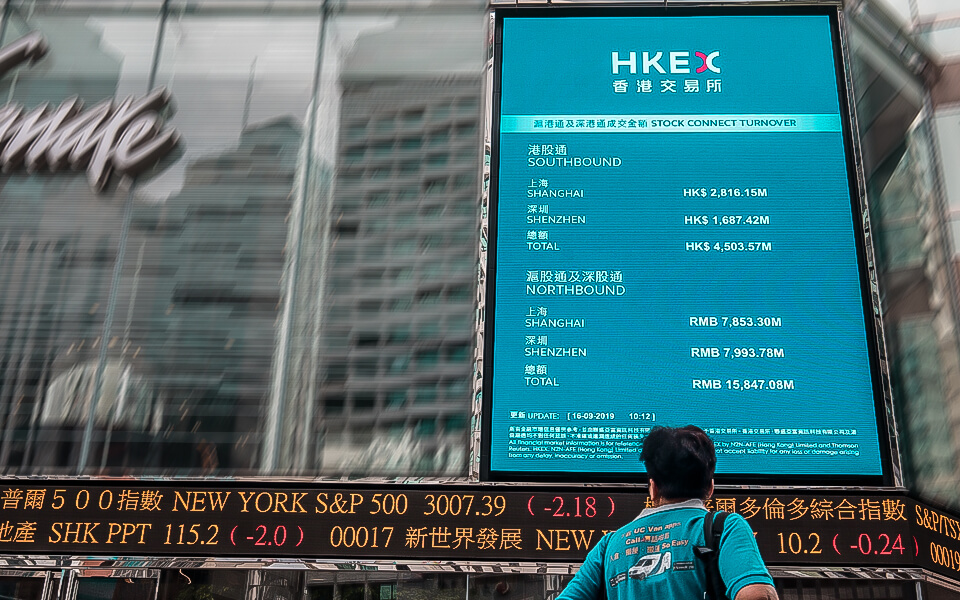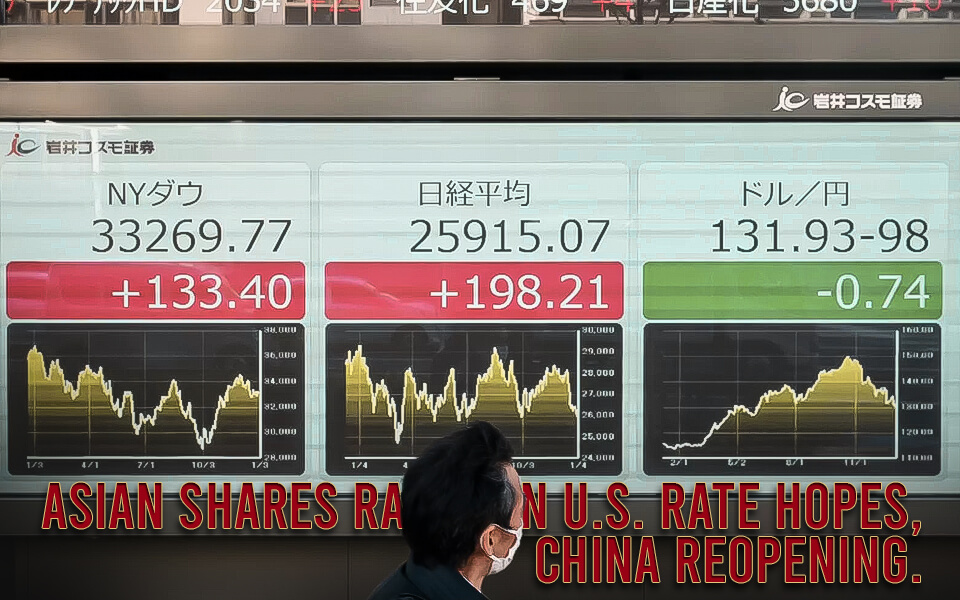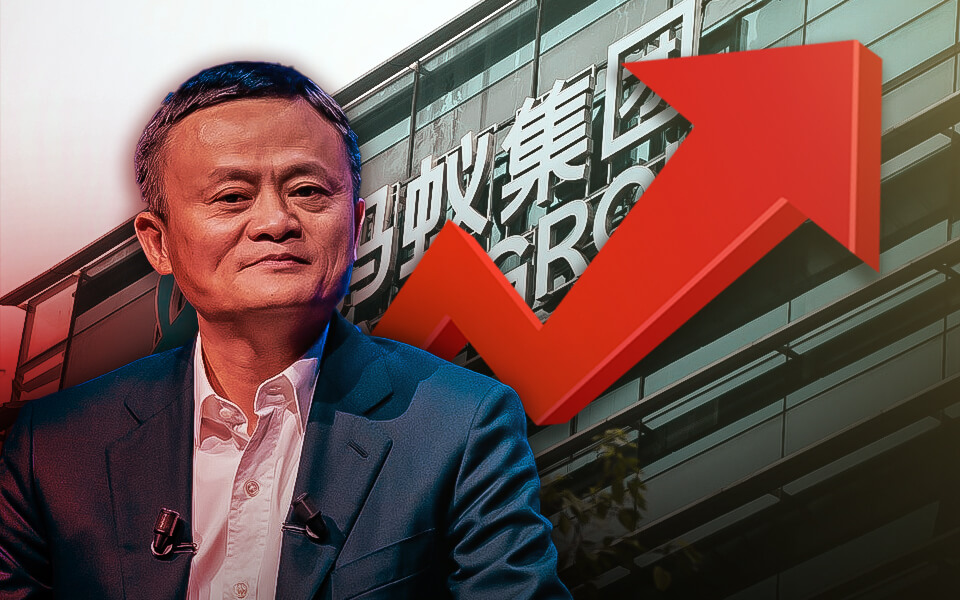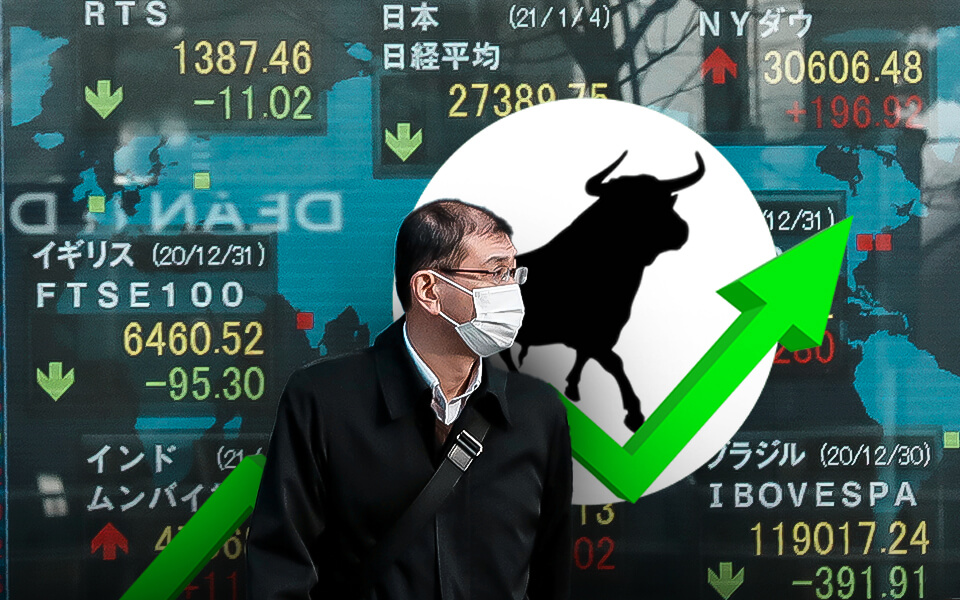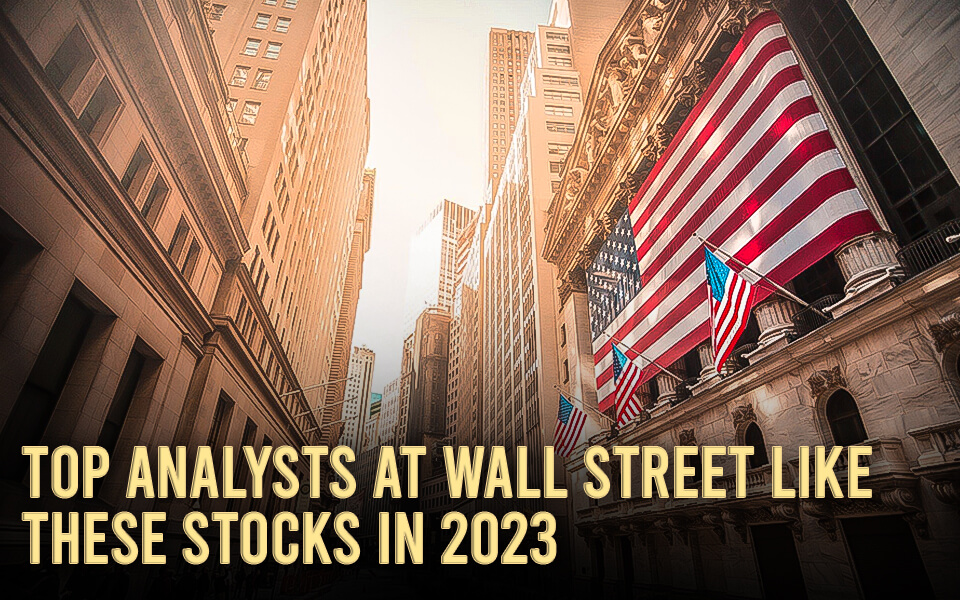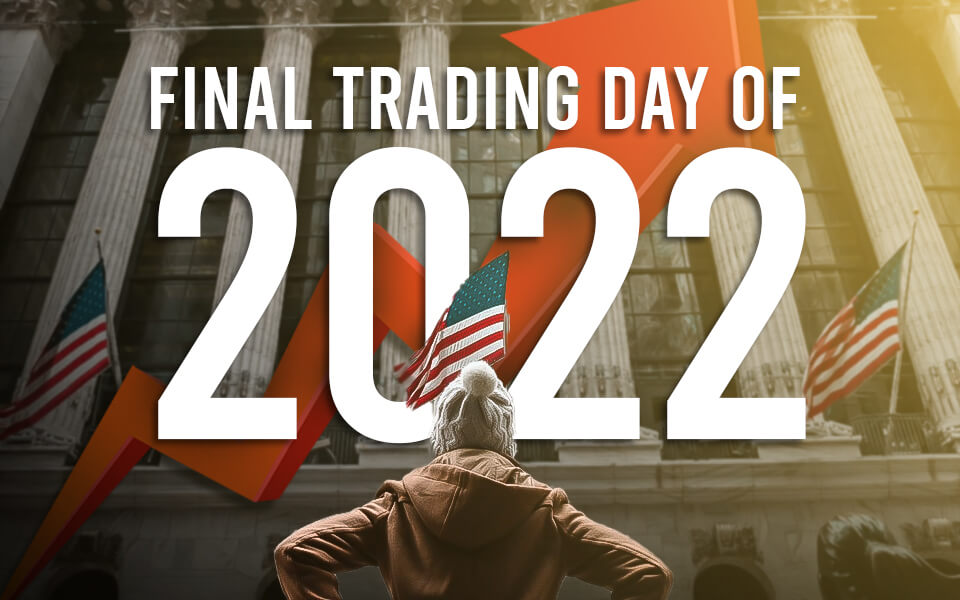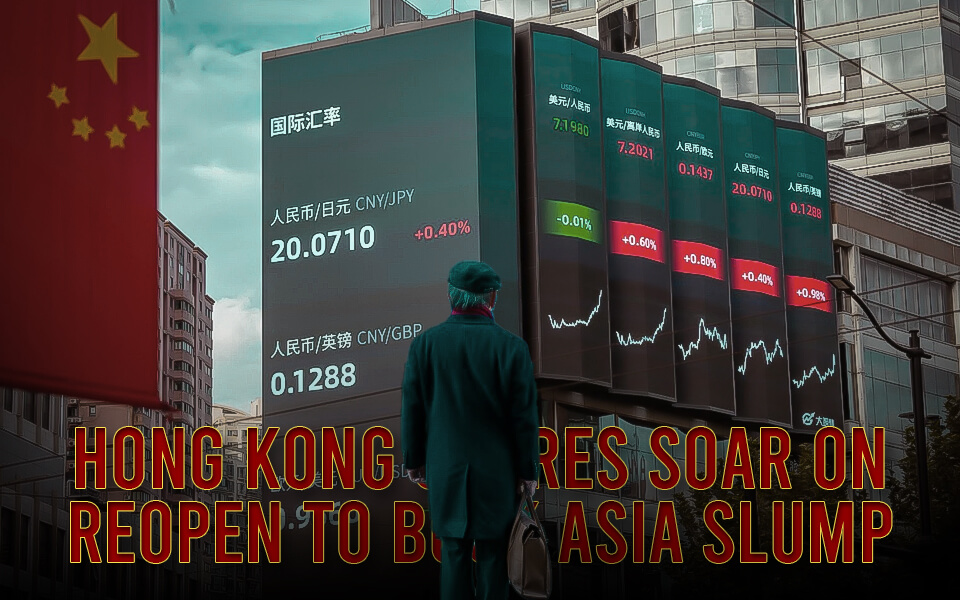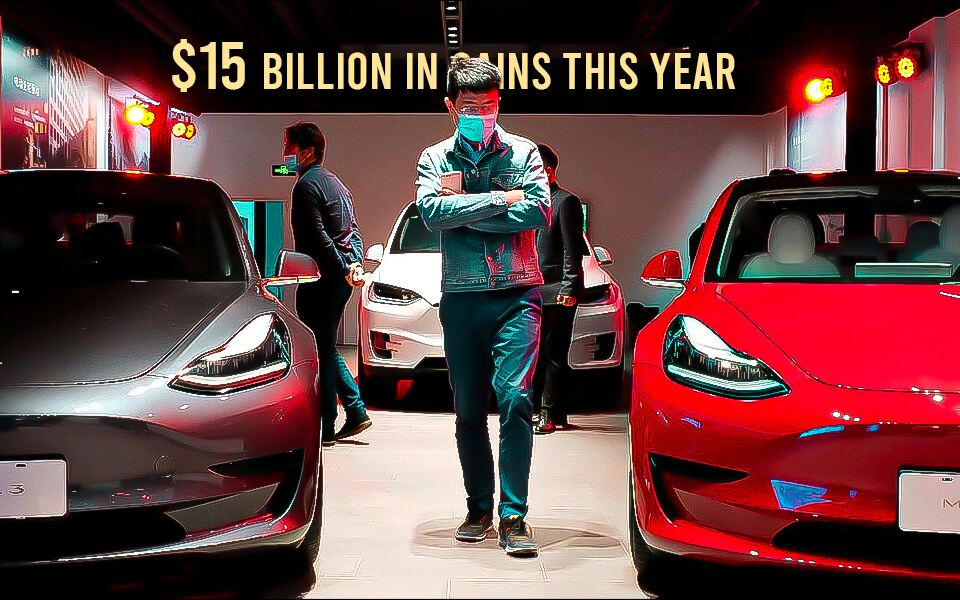
Early in 2023, Dylan Run, an executive in the banking industry headquartered in Shanghai, began allocating a portion of his funds to cryptocurrency after realising that both the Chinese stock market and economy were in decline.
China has outlawed the mining and trading of cryptocurrencies since 2021. In order to avoid detection, they bought cryptocurrency through grey-market dealers using bank cards that were previously provided by small rural commercial banks, capping each transaction at 50,000 yuan ($6,978).
“Bitcoin is a safe haven, like gold,” says Run.
Currently, half of his investment portfolio consists of cryptocurrencies, valued at about 1 million yuan, while just 40% is made up of Chinese shares.
His cryptocurrency holdings had gained 45%. Conversely, China’s stock market has been declining for the past three years.
Similar to Run, an increasing number of Chinese investors are taking unconventional routes to buy bitcoin and other cryptocurrency assets because they think these are safer than making bets on collapsing domestic stock and real estate markets.
They function in a murky area. Even though the use of cryptocurrencies is prohibited on China’s mainland and cross-border financial flows are strictly regulated, users may nevertheless trade tokens like bitcoin on exchanges like OKX and Binance or through other over-the-counter methods.
To purchase cryptocurrency assets, mainland investors can also create bank accounts abroad.
Following Hong Kong’s public support of digital assets last year, Chinese nationals are already transferring funds into cryptocurrency accounts within the region by utilising their yearly allotment of $50,000 for foreign purchases. The funds may only be used for things like education or international travel under Chinese regulations.
China’s economic downturn “has made investment on the mainland risky, uncertain, and disappointing, so people are looking to allocate assets offshore,” said a senior executive of a Hong Kong-based cryptocurrency exchange who declined to be identified due to the sensitivity of the topic.
Bitcoin and crypto assets have attracted such investors, he said: “Almost every day, we see mainland investors coming into this market.”
The rush for cryptocurrencies by ordinary investors is being followed closely by brokers and other financial institutions in China. Many are looking at crypto-related enterprises in Hong Kong, as they lack development prospects at home.
“If you are a Chinese brokerage facing a sluggish stock market, weak demand for IPOs, and shrinkage in other businesses, you need a growth story to tell your shareholders and the board,” said the exchange executive.
Digital asset enterprises in the region are being investigated by the Hong Kong branches of Bank of China, Harvest Fund Management Co., and China Asset Management (ChinaAMC).
Based on conversations with retail investors and online cryptocurrency exchanges, it appears that accessing bitcoin in the mainland isn’t too tough.
Chinese investors may still trade cryptocurrencies on exchanges like OKX and Binance, which also advise them to utilise fintech platforms like Tencent’s WeChat Pay and Ant Group’s Alipay to exchange yuan for stablecoins with dealers.
Requests for comments from OKX and Binance were not answered.
According to the cryptocurrency analytics platform Chainalysis, China’s cryptocurrency-related activities have increased, and the country has moved up the world rankings in terms of peer-to-peer transaction volume, from 144th in 2022 to 13th in 2023.
According to Chainalysis, the Chinese cryptocurrency market, which is prohibited, saw an estimated $86.4 billion in raw transaction volume between July 2022 and June 2023, much exceeding Hong Kong’s $64 billion in crypto trading. Moreover, the percentage of big retail transactions, which range from $10,000 to $1 million, is almost twice as high as the 3.6% global average.
According to Chainalysis’s analysis, a significant portion of China’s cryptocurrency activity “takes place through over-the-counters or through informal, grey market peer-to-peer businesses.”
A growing number of physical cryptocurrency exchange shops have appeared on Hong Kong’s bustling commercial and retail avenues.
These physical stores are not strictly monitored.
Customers may purchase bitcoins at Crypto HK, a well-known cryptocurrency retailer in the Admiralty neighbourhood, with a minimum of HK$500 ($64), and they are not asked to present any identifying documentation.
China’s dark web cryptocurrency sector is expanding.
A dealer who assists private buyers in purchasing digital assets, Michael Wang, claims that daily quantities exceed several million yuan, if not hundreds of millions.
A 35-year-old buy-side equities analyst named Charlie Wong purchased bitcoin through the legally recognised Hashkey Exchange in Hong Kong.
“It is hard to find opportunities in traditional fields. Chinese stocks and other assets perform poorly. The economy is undergoing a crucial transition,” he said.
Homes were historically the cornerstone of household savings portfolios, but the past three years have seen a severe downturn in housing values due to China’s crackdown on the property market. The benchmark CSI 300 Index has lost half of its value since the beginning of 2021, reflecting how poorly the stock market has performed.
In comparison, Bitcoin has experienced tremendous fluctuations and has increased 50% since mid-October.
According to Wong, Chinese officials support cryptocurrency trading in Hong Kong in order to maintain a foothold in the rapidly expanding crypto industry in financial hubs like Singapore and New York while being aware of how disruptive bitcoin may be.
Chainalysis reckons the developments “have created speculation that the Chinese government may be warming to cryptocurrency and that Hong Kong may be a testing ground for these efforts.”
- Published By Team Hongkong Journalist


